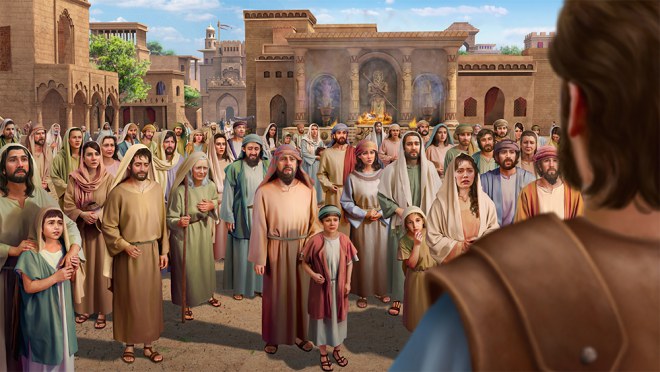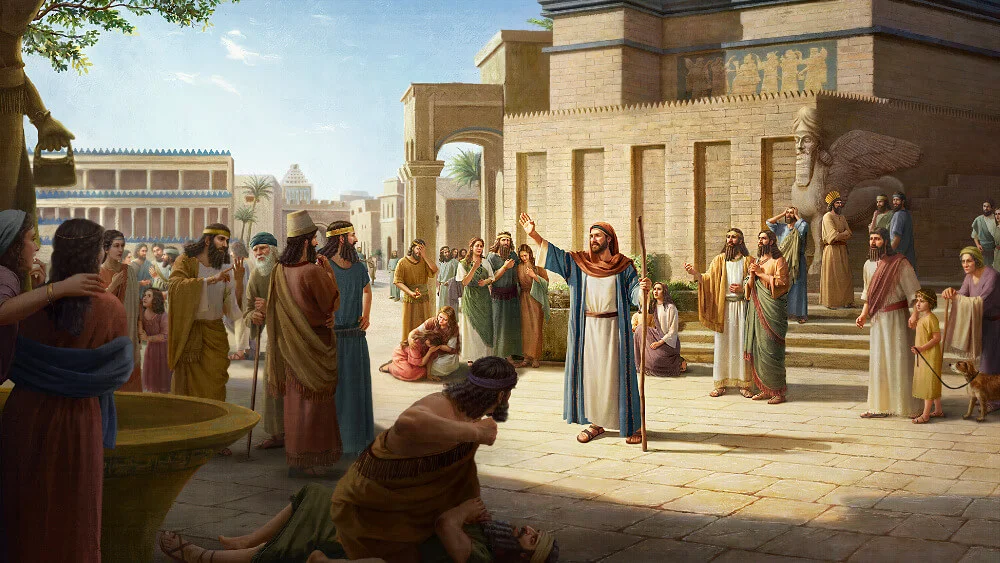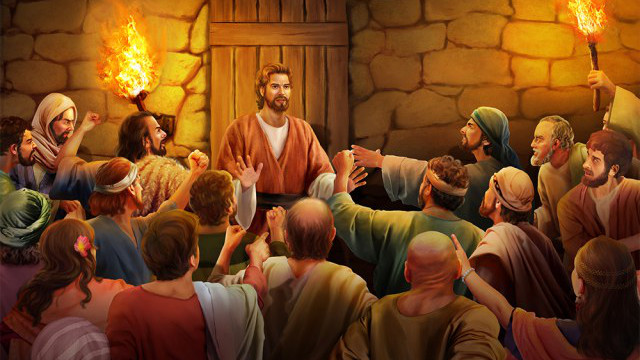The Stark Contrast Between Nineveh and Sodom’s Reaction to Jehovah God’s Warning

The Stark Contrast Between Nineveh and Sodom’s Reaction to Jehovah God’s Warning
What does it mean to be overthrown? In colloquial terms, it means to no longer exist. But in what way? Who could overthrow an entire city? It would be impossible for man to perform such an act, of course. The people of Nineveh were no fools; as soon as they heard this proclamation, they got the idea. They knew that the proclamation had come from God, they knew that God was going to perform His work, and they knew that their wickedness had enraged Jehovah God and brought His anger down upon them, so that they would soon be destroyed along with their city. How did the people of the city behave after hearing Jehovah God’s warning? The Bible describes in specific detail how the people reacted, from the king down to the commoners. The following words were recorded in the Scriptures: “So the people of Nineveh believed God, and proclaimed a fast, and put on sackcloth, from the greatest of them even to the least of them. For word came to the king of Nineveh, and he arose from his throne, and he laid his robe from him, and covered him with sackcloth, and sat in ashes. And he caused it to be proclaimed and published through Nineveh by the decree of the king and his nobles, saying, Let neither man nor beast, herd nor flock, taste any thing: let them not feed, nor drink water: But let man and beast be covered with sackcloth, and cry mightily to God: yes, let them turn every one from his evil way, and from the violence that is in their hands.”
After hearing Jehovah God’s proclamation, the people of Nineveh displayed an attitude utterly opposite to that of the people of Sodom—whereas the people of Sodom openly opposed God, proceeding from evil to evil, the Ninevites, after hearing these words, did not ignore the matter, and nor did they resist. Instead, they believed God and declared a fast. What does the word, “believed,” mean here? The word itself suggests faith and submission. If we use the Ninevites’ actual behavior to explain this word, it means that they believed God could and would do as He said, and that they were willing to repent. Did the people of Nineveh feel fear in the face of imminent disaster? It was their belief that put fear in their hearts. So, what can we use to prove the Ninevites’ belief and fear? It is as the Bible says: “… proclaimed a fast, and put on sackcloth, from the greatest of them even to the least of them.” This is to say that the Ninevites truly believed, and that from this belief came fear, which then led them to fast and don sackcloth. This is how they showed that they were beginning to repent. In utter contrast to the people of Sodom, not only did the Ninevites not oppose God, but they also clearly showed their repentance through their behavior and actions. Of course, this was something all the people of Nineveh did, not just the commoners—the king was no exception.
Excerpted from “God Himself, the Unique II” in The Word Appears in the Flesh





